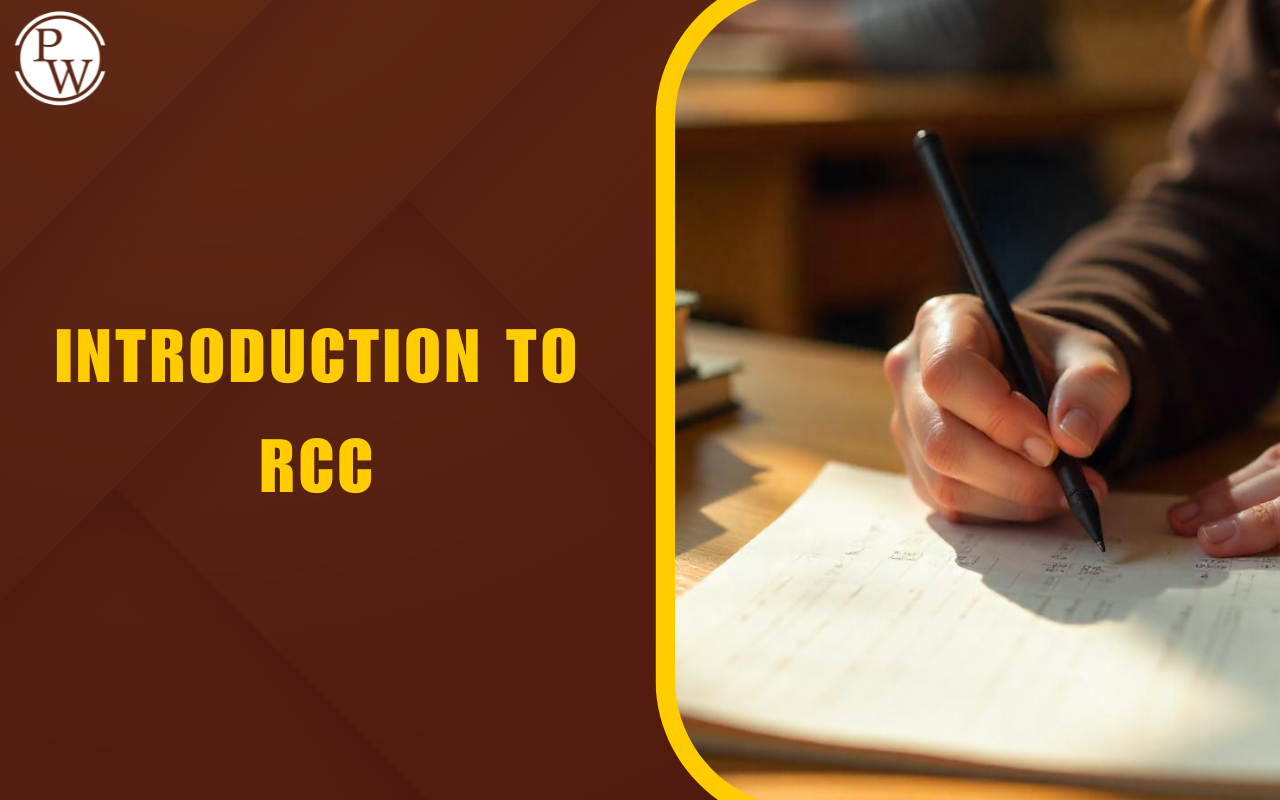
It is challenging, but not impossible. The difficulty level depends on preparation quality and conceptual clarity. Aspirants who study smartly, solve past papers, and focus on their weak areas often find it manageable.
GATE exam is designed to test understanding, not memory. Regular revision, time management, and analytical practice are the real keys to success. Rather than worrying about the toughness, students should treat GATE as an opportunity to strengthen their subject knowledge and open doors to MTech, PhD, and PSU opportunities. With a focused strategy, even average students can perform exceptionally well.
Is GATE Exam Tough?
The most common misconception among candidates is GATE exam is tough. Many aspirants believe that the GATE exam is tough because it demands more than just memorising formulas. It focuses on understanding engineering concepts and applying them to solve analytical problems. The questions are designed to test logical thinking, accuracy, and the application of theoretical knowledge of candidates in practical scenarios.
At the same time, candidates who study with the right strategy find it easy to qualify. The difficulty level of GATE depends on preparation style, time devoted to revision, and regular practice of previous year question papers. Those candidates who understand concepts and practise numerical problems regularly find the GATE exam balanced and fair rather than overly tough.
Major Reasons Why GATE Exam is Tough?
GATE exam is tough for many aspirants because it requires detailed study and disciplined preparation. Unlike semester exams, GATE questions test the understanding of the candidates about the subject rather than direct answers. The syllabus of GATE covers multiple topics from undergraduate courses, which makes it broad and demanding. Further, interested candidates can learn about the major factors that can show why and how tough is GATE exam:
|
Key Reasons for GATE Exam Toughness |
|
|---|---|
|
Factors |
Description |
|
Vast Syllabus |
Covers all major subjects of the undergraduate engineering curriculum. |
|
Conceptual Depth |
Tests understanding and application of theories instead of memorised facts. |
|
Time Management |
Requires answering 65 questions within 3 hours for most GATE papers. |
|
Negative Marking |
Reduces scores for incorrect answers in multiple-choice questions. |
|
High Competition |
Around 7 to 8 lakh students appear every year for limited PSU and MTech seats. |
|
Analytical Questions |
Questions often combine multiple concepts, requiring deep logical thinking. |
Note: GATE aspirants should focus on conceptual clarity rather than memorising definitions of their subject. Building strong basics can help candidates reduce the difficulty level and improve accuracy during the examination.
How Tough is GATE Exam Compared to Other Exams?
Many candidates often ask, “Which exam is tough, GATE or CAT?” The GATE exam tests technical and analytical knowledge in engineering and science. On the other hand, CAT exam assesses management aptitude and reasoning skills. Both are challenging in their own way. It depends on the academic background and preparation area of the candidates.
|
Which exam is tougher, GATE or CAT |
|||
|---|---|---|---|
|
Exam |
Difficulty Type |
Focus Area |
Conducting Body |
|
GATE |
Conceptual & Analytical |
Engineering & Science Subjects |
IITs / IISc Bangalore |
|
CAT |
Aptitude & Logical |
Management, Reasoning, Verbal Ability |
IIMs |
Note: While GATE exam is tough for students who are from non-technical backgrounds. The CAT exam seems tougher for students who are not comfortable with the verbal and logical sections. Each exam demands a unique preparation method, and neither is impossible to crack with regular practice.
Is GATE Exam Very Tough for Average Students?
The question “Is GATE exam very tough for average students?” often arises among candidates who doubt their abilities. The answer is no. It is not extremely tough if preparation is consistent and systematic. The GATE exam rewards logical thinking, practice, and time discipline of the students rather than rote memorisation of their subject topics.
Average students who start their preparation early, revise regularly, and solve topic-wise tests can easily compete with toppers. Since the exam follows a clear pattern and predictable syllabus, preparation becomes easier with planning. Regular practice of mock tests and analysis of previous papers can boost confidence and reduce the feeling of difficulty.
The GATE exam becomes tough only when aspirants delay preparation or skip conceptual understanding. Starting six to eight months before the exam gives sufficient time to the students to revise and strengthen weak subjects. Therefore, how tough the GATE exam is based on the preparation of the examination and the style of questions.
Tips to Manage GATE Exam Toughness
GATE exam is tough or easy, it majorly depends on the preparation of the students. Many students find the GATE exam tough only in the beginning. As preparation progresses and topics become familiar, the exam starts to feel more manageable. Here are a few tips that can help candidates prepare well for GATE:
-
Understand the latest GATE syllabus in detail and prepare topic-wise notes.
-
Practise GATE previous year question papers to identify common patterns.
-
Revise formulas and key definitions regularly to avoid confusion.
-
Attempt mock tests weekly to improve speed and accuracy.
-
Analyse each test to find weak areas and plan focused revision.
-
Stay consistent with a daily study schedule and avoid long study breaks.
Note: Consistency is more effective than long, irregular study sessions. Aspirants who follow a steady routine and keep revising topics find the GATE exam easier to handle.
Is GATE Exam Tough or Easy?
Many candidates who cleared the GATE exam believe that it feels tough only at the beginning. The GATE exam is tough or easy depending on how systematically aspirants study. Those who follow the syllabus step by step, revise concepts, and attempt mock tests regularly often find the paper moderate in difficulty.
Some candidates find GATE tough due to the conceptual nature of questions or time constraints, while others describe it as straightforward because of predictable question types. Every year, many first-time aspirants qualify by focusing on clarity, not memorisation. Therefore, instead of worrying about the difficulty, students should aim for steady learning and problem-solving practice.
Is GATE Exam Conducted by IIT Guwahati Tough?
Every year, the GATE exam is organised by a different IIT or IISc. Many applicants assume that GATE exam by IIT Guwahati is tough. However, the difficulty level does not depend on the organising institute but on question design.
The GATE Committee maintains a uniform standard of difficulty across all subjects, regardless of the institute conducting the paper. For example, GATE 2018 and GATE 2023 were both conducted by IIT Guwahati, and candidates reported a balanced difficulty level. Some papers had tricky numerical questions, but overall toughness was similar to other IITs. Hence, no particular IIT makes the exam deliberately tougher or easier.
Elevate your GATE readiness with Physics Wallah’s GATE Online Courses. PW GATE Online Coaching offers comprehensive live sessions tailored to the syllabus, invaluable study materials, practice tests, and much more.
Is GATE Exam Tough? FAQs
Is GATE a tough exam for average students?
Which exam is tough, GATE or CAT?
Why GATE exam is tough for beginners?
How tough is GATE exam conducted by IIT Guwahati?









